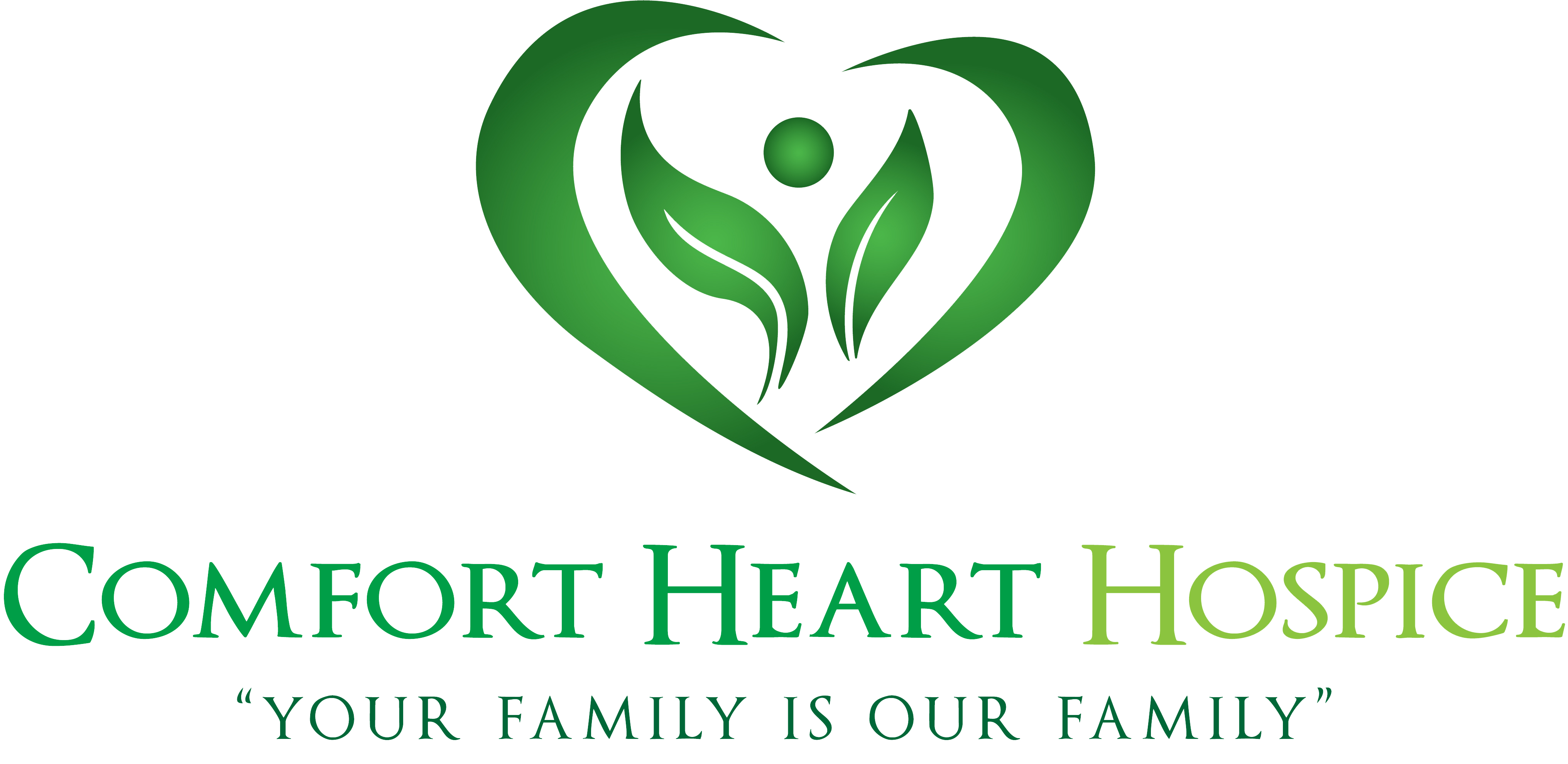An essential aspect of hospice care is the management of pain and other distressing symptoms. For patients in Ohio, we focus on providing personalized, holistic pain management approaches that cater to the unique needs of each individual during their end-of-life journey. Holistic pain management utilizes a combination of pharmacological and non-pharmacological interventions, addressing not only physical pain but also patient’s emotional, psychological, and spiritual well-being.
Our approach to pain management in Ohio hospice care services emphasizes the balance between physical comfort and comprehensive care for the patient’s overall well-being. In this way, we can create a supportive and nurturing environment that guides patients through their end-of-life journey with dignity, respect, and a renewed sense of peace.
As your trusted partner in Ohio hospice care, we are dedicated to supporting patients and their families during this challenging time. With our holistic approach to pain management, we aim to alleviate suffering, enhance comfort, and foster a genuine sense of well-being and personal fulfillment for those in our care.
1. Pharmacological Approaches to Pain Management
Pharmacological interventions play a vital role in providing pain relief for hospice patients. We ensure that each patient receives a personalized medication plan tailored to their specific needs and preferences. Some key elements of pharmacological pain management include the following:
- Multimodal analgesia: This involves using various medications, including opioids, non-opioid analgesics, and adjuvant therapies, to target different pain pathways and enhance overall pain relief.
- Regular reassessments: We closely monitor patients’ medication needs, making adjustments as necessary to optimize their comfort and minimize side effects.
- Burden minimization: Our goal is to minimize the burden of medication intake for our patients, ensuring they receive the most effective pain relief with the least amount of medication necessary.
2. Non-Pharmacological Pain Management Techniques
In addition to pharmacological interventions, non-pharmacological pain management techniques play a crucial role in our holistic approach to pain management. These complementary therapies can effectively reduce pain and its impact on patient’s overall well-being:
- Massage therapy: Gentle massage techniques help to alleviate tension, reduce pain, and promote relaxation.
- Aromatherapy: The use of essential oils can have therapeutic effects on the body and mind, providing relaxation, mood enhancement, and a sense of comfort.
- Music therapy: Research shows that listening to or engaging in music can have powerful effects on a patient’s mental, emotional, and physical well-being, providing relief and promoting relaxation.
- Guided imagery: This involves the use of mental images to calm the mind, relieve stress, and induce relaxation, helping patients cope with pain more effectively.
3. The Interdisciplinary Pain Management Team
A crucial component of our holistic pain management approach is the interdisciplinary pain management team. This team consists of various professionals, including the following:
- Physicians: They are responsible for prescribing medications and overseeing the pharmacological aspect of pain management.
- Nurses: They help administer medications, monitor patients for side effects, and assess the effectiveness of pain relief strategies.
- Therapists: They are responsible for implementing non-pharmacological pain management techniques, such as massage, aromatherapy, or music therapy.
- Social workers and spiritual counselors: They provide emotional support, helping patients and families deal with the emotional and spiritual aspects of pain and end-of-life care.
4. Customizing Pain Management for Routine Home Care, Continuous Care, Respite Care, and Inpatient Care
Our comprehensive pain management services are available across all types of hospice care, ensuring Ohio patients receive the highest quality of care in any setting:
- Routine Home Care: Our interdisciplinary team works closely with patients and families to create customized pain management plans tailored to the patient’s unique needs, preferences, and home environment.
- Continuous Care: In times of crisis or when patients experience exacerbations of pain, continuous care ensures that they receive the appropriate level of support, symptom management, and pain relief.
- Respite Care: During short-term respite care stays, we closely collaborate with the patient’s primary caregiver to ensure a consistent pain management approach, providing relief and comfort.
- Inpatient Care: When patients require inpatient hospice care, our dedicated staff ensures that they receive holistic pain management services designed to enhance their comfort, dignity, and overall well-being.
5. Empowering Patients and Caregivers through Education and Support
In addition to providing holistic pain management techniques, educating patients and their caregivers is a fundamental aspect of our approach to hospice care in Ohio. We believe that empowering individuals with knowledge about pain management strategies and resources can significantly enhance their ability to cope with pain and improve their quality of life. Therefore, we offer educational programs and support services to help patients and caregivers better understand:
- Pain assessment and monitoring: We educate patients and caregivers on how to assess and monitor pain levels effectively, empowering them to communicate their needs to the interdisciplinary pain management team.
- Medication management: Understanding the purpose, dosage, and potential side effects of medications is crucial for effective pain management. We provide comprehensive education on medication management to ensure safe and appropriate use.
- Non-pharmacological interventions: Many patients and caregivers may be unfamiliar with non-pharmacological pain management techniques. Through education and demonstration, we help them explore and incorporate these complementary therapies into their daily routines.
- Coping strategies: Dealing with pain can be emotionally challenging for patients and caregivers alike. We offer guidance on coping strategies, relaxation techniques, and mindfulness practices to help alleviate stress and enhance emotional well-being.
- Advance care planning: Open and honest communication about end-of-life preferences and goals of care is essential for ensuring that patients receive support and interventions aligned with their wishes. We assist patients and families in creating advanced care plans that outline their preferences for pain management and other aspects of end-of-life care.
Embracing Holistic Pain Management in Ohio Hospice Care
Our commitment to holistic pain management in Ohio hospice care services ensures that patients receive the comprehensive support they need during their end-of-life journey. By integrating pharmacological and non-pharmacological interventions, along with the support of a skilled interdisciplinary team, we can effectively address various aspects of pain and its impact on a patient’s life.
As a trusted provider of Ohio hospice care, Comfort Heart Hospice is dedicated to ensuring patients and their families receive the compassionate support they deserve during this challenging time. To learn more about our holistic approach to pain management or discuss your or a loved one’s needs, please do not hesitate to contact us. We are here to guide and support you every step of the way.


Recent Comments